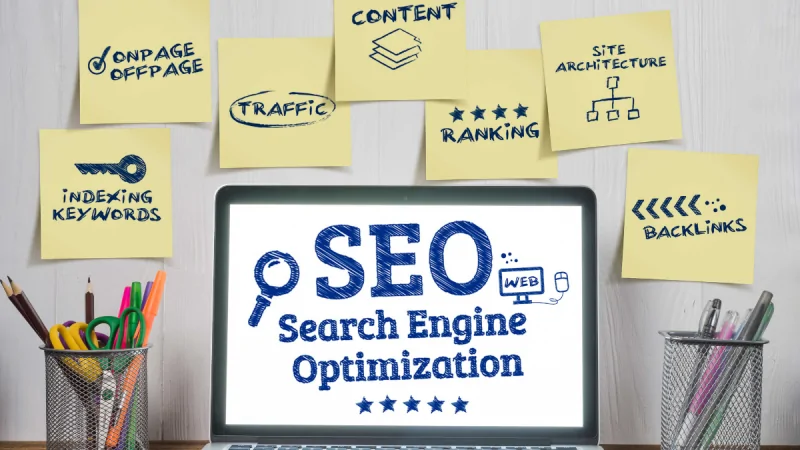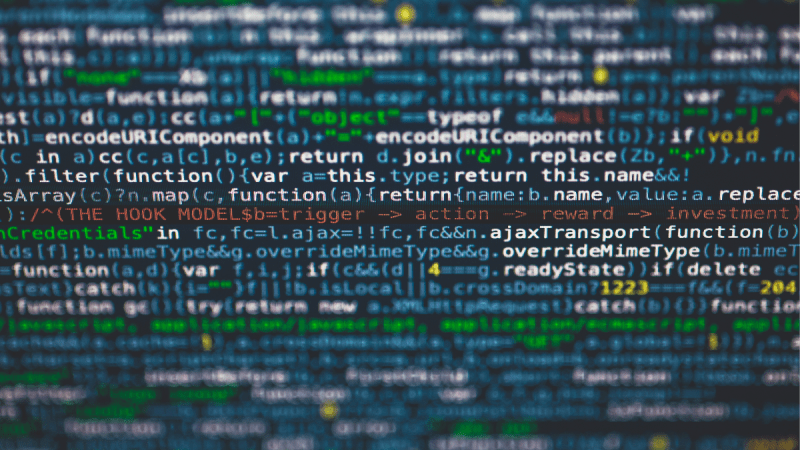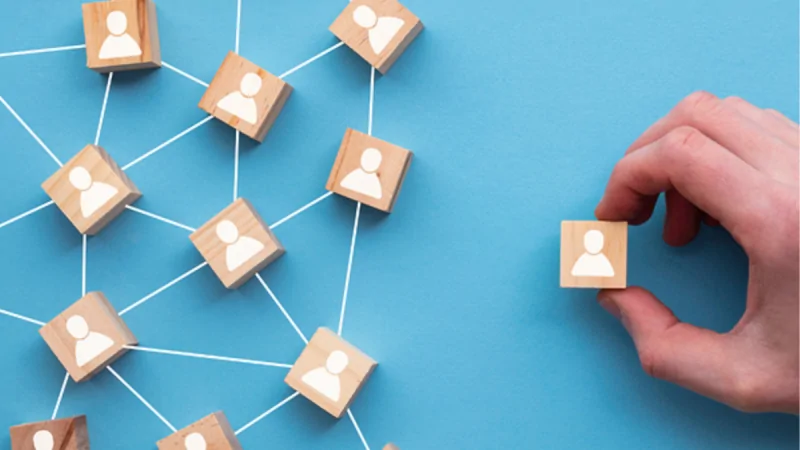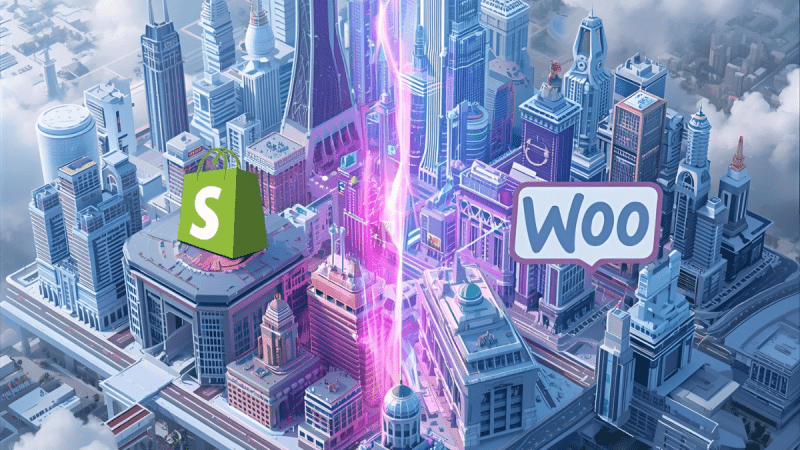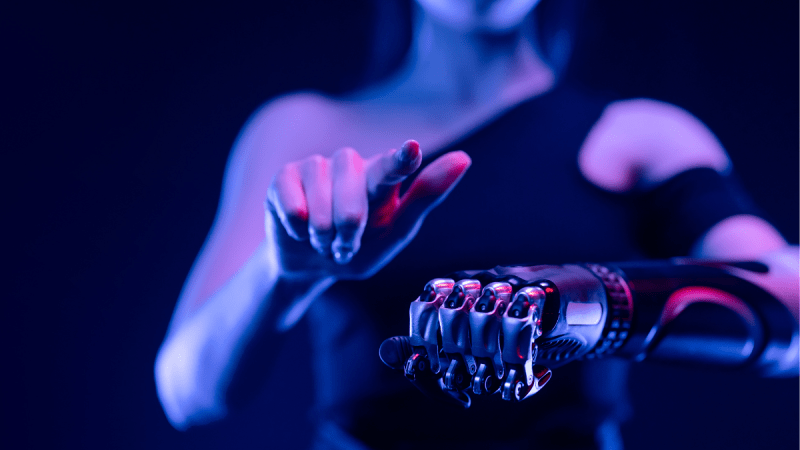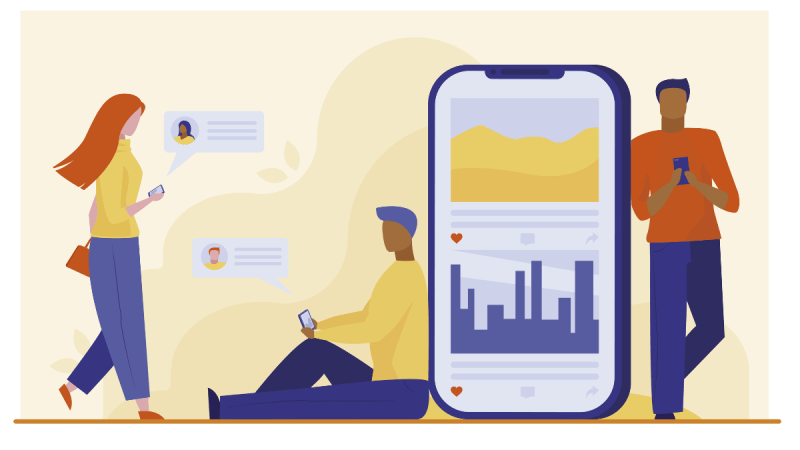The AI Revolution: Will Artificial Intelligence Replace Humans?

The AI Revolution: Will Artificial Intelligence Replace Humans?
Introduction
In recent years, advancements in artificial intelligence (AI) have sparked intense debates about its potential to replace human labor. AI systems are becoming increasingly sophisticated, capable of performing complex tasks that were once exclusive to human intelligence. However, the question remains: Can AI truly replace humans? In this article, we will explore the possibilities and limitations of AI and its potential impact on the future of work.
The Rise of AI
Artificial intelligence has made remarkable progress across various domains, including speech recognition, image processing, natural language understanding, and problem-solving. AI algorithms, powered by vast amounts of data and machine learning techniques, can now perform tasks with incredible speed and accuracy. From self-driving cars to medical diagnostics, AI has already demonstrated its potential to outperform humans in certain areas.
Automation and Job Displacement
One of the primary concerns surrounding AI is the potential for job displacement. As AI technology advances, many fear that robots and intelligent machines will replace human workers across a wide range of industries. Automation has already eliminated certain repetitive and routine tasks in sectors like manufacturing and customer service. However, history has shown that while technology can eliminate jobs, it also creates new opportunities and roles.
Augmentation, not replacement
Instead of viewing AI as a replacement for humans, it is more accurate to see it as a tool for augmentation. AI systems are designed to complement human skills and enhance productivity rather than completely replace human intelligence. By automating repetitive and mundane tasks, AI frees up human workers to focus on more complex and creative endeavors. This shift may lead to a transformation in the nature of work, where humans collaborate with intelligent machines to achieve better outcomes.
Distinct Human Qualities
Despite AI’s impressive capabilities, there are certain qualities that remain uniquely human and challenging to replicate. Human emotional intelligence, creativity, empathy, and ethical decision-making are complex traits that are deeply ingrained in our nature. While AI can simulate aspects of human behavior, it lacks the depth of experience and understanding that come from genuine human interactions. Jobs that require these qualities, such as caregiving, counseling, and artistic pursuits, are less likely to be replaced by AI.
New Opportunities and Job Creation
While AI may automate certain job functions, it also opens up new opportunities and creates entirely new industries. The development, maintenance, and oversight of AI systems require a diverse range of skills and expertise. As AI becomes more prevalent, the demand for professionals specializing in data science, machine learning, and AI ethics is expected to rise. Furthermore, AI-driven technologies can create entirely new fields, leading to the emergence of novel job roles that we can hardly envision today.
Ethical and Social Considerations
The integration of AI into our society raises important ethical and social considerations. We must ensure that AI systems are unbiased, transparent, and accountable. As we rely more on AI decision-making, issues of privacy, algorithmic fairness, and human oversight become paramount. It is essential to strike a balance between the benefits of AI and the potential risks associated with its unchecked proliferation.
Conclusion
While AI has the potential to transform the world of work, it is unlikely to completely replace humans. Rather than being adversaries, humans and AI can collaborate, leveraging their respective strengths to achieve greater productivity and innovation. While AI may automate certain tasks, it cannot replicate the distinct human qualities that are critical in many professional domains. By embracing AI as a tool for augmentation and ensuring responsible implementation, we can shape a future where humans and AI coexist harmoniously, leading to a more prosperous and inclusive society.

